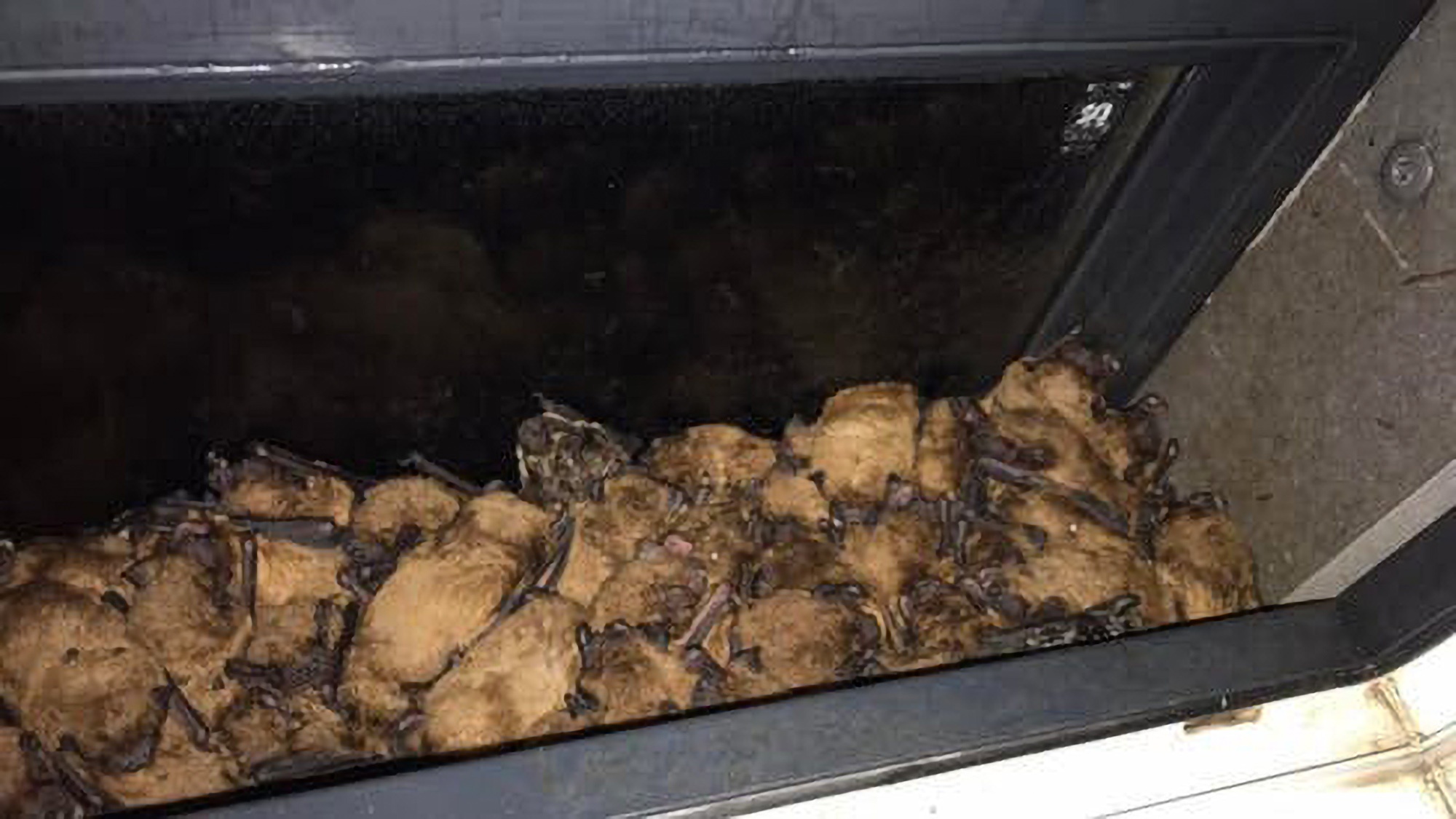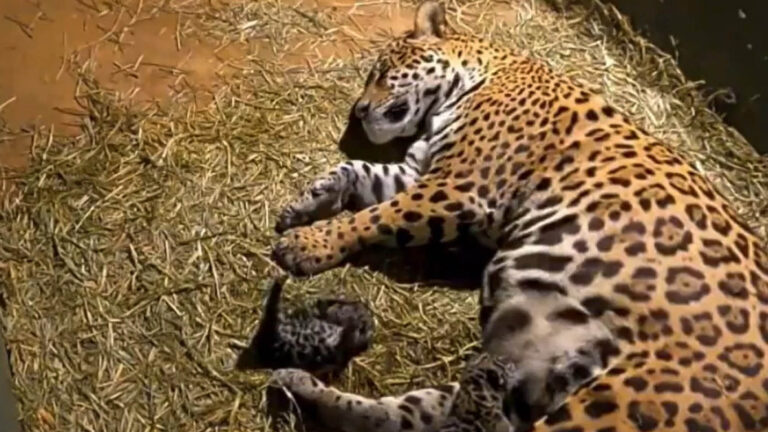An Austrian animal charity has had to buy special fridges to keep starving bats in hibernation and stop pregnant females from giving birth after hundreds of them were trapped in the roof of a skyscraper.
Hundreds of the rare, carnivorous greater noctule bats (Nyctalus lasiopterus) had travelled to Austria from Russia to spend the winter and managed to get into the loft area of a skyscraper in the capital Vienna, but a closed window then meant that they were unable to get out.
By the time they were discovered in the roof of the skyscraper in the Wienerberg area of the Austrian capital Vienna, many had died, and only 190 of them were still alive.
The building authorities notified the Tierschutz Austria animal rescue group when they realised the bats’ predicament and the organisation had to request assistance from other animal organisations because of the number of bats that needed to be rescued and cared for.
Tierschutz Austria told Newsflash that the animals were taken to an animal shelter in the town of Voesendorf, which is located in the district of Moedling, on the outskirts of the Austrian capital, where an army of volunteers was needed to care for the bats.
But they also needed to buy special fridges to make sure that the bats did not start to wake up, which was particularly important with regards to the pregnant female bats.
The bats mate in autumn but the babies are not born until the following June with the female bats storing the male sperm inside them throughout the winter, only releasing it to fertilise the eggs in April when they have warmer weather. The females, however, need to have an uninterrupted sleep in the meantime and remain fit ready for the final stage of the pregnancy in April.
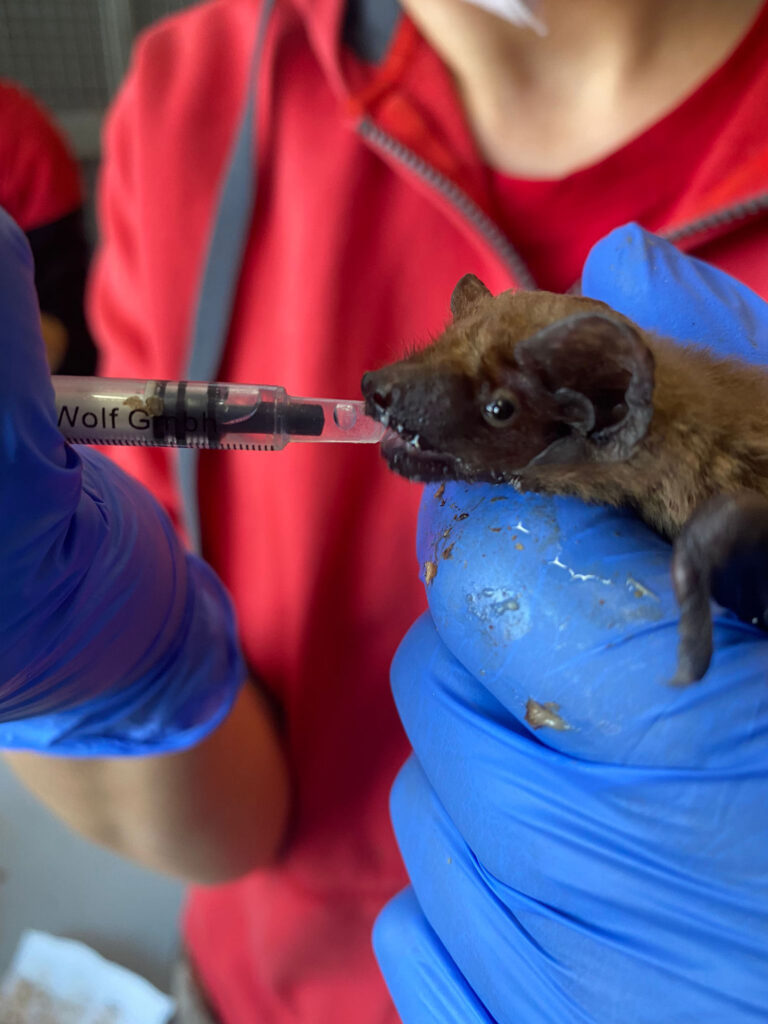
Tierschutz Austria activists looking after over 190 bats which were rescued from a skyscraper.
(Tierschutz Austria/Newsflash)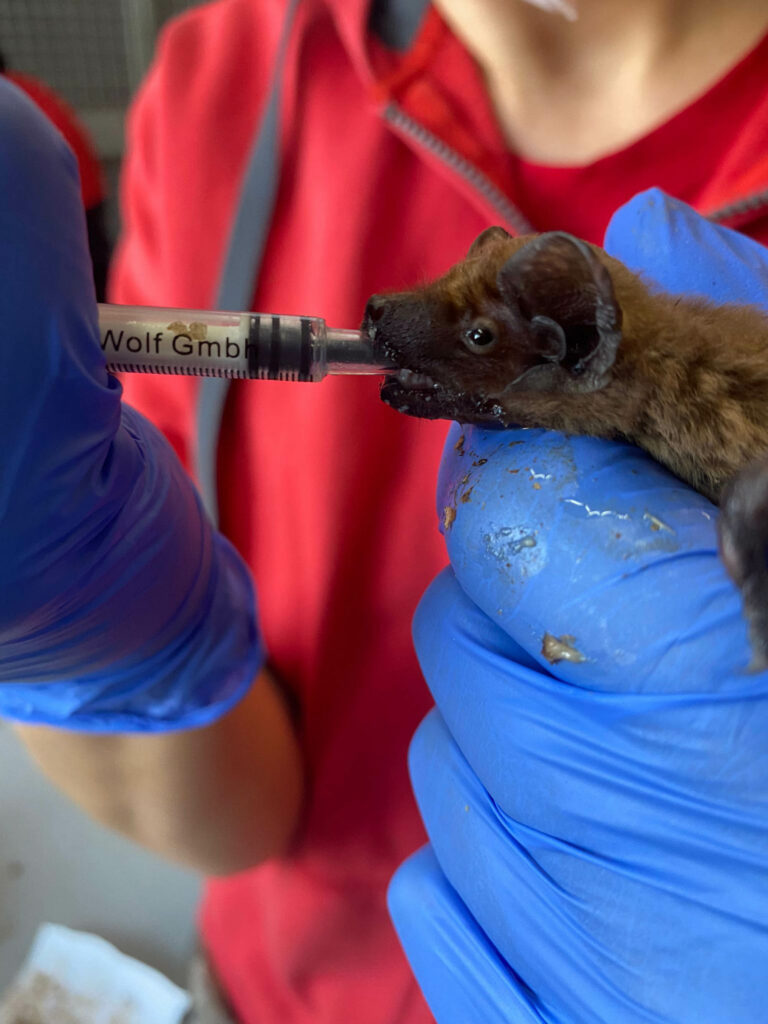
Tierschutz Austria activists looking after over 190 bats which were rescued from a skyscraper.
(Tierschutz Austria/Newsflash)
The National Trust advises that although bats are warm-blooded they will drop their body temperature from around 34 degrees Celsius to between 7 and 10 degrees Celsius after finding a cool and dry place to roost and maintain the lower body temperature required for hibernation.
The trust added: “Their metabolism slows right down and their heart rate falls to around ten beats per minute. “
But there is still some feeding and drinking, and because the bats in Austria were unable to leave the loft they ended up dehydrated and starving after getting trapped in the loft.
Austrian animal charity spokesman Jonas Von Einem said: “When they arrived at their winter home, they chose a place to sleep that they couldn’t get out of on their own. Therefore, the dehydrated and starving animals had to be rescued and cared for quickly. Unfortunately, some were already dead.”
He added that “190 of the animals were first cared for together with other organizations and we brought then to the animal shelter in Voesendorf, where they now have to be looked after and fed round the clock by our carers”.
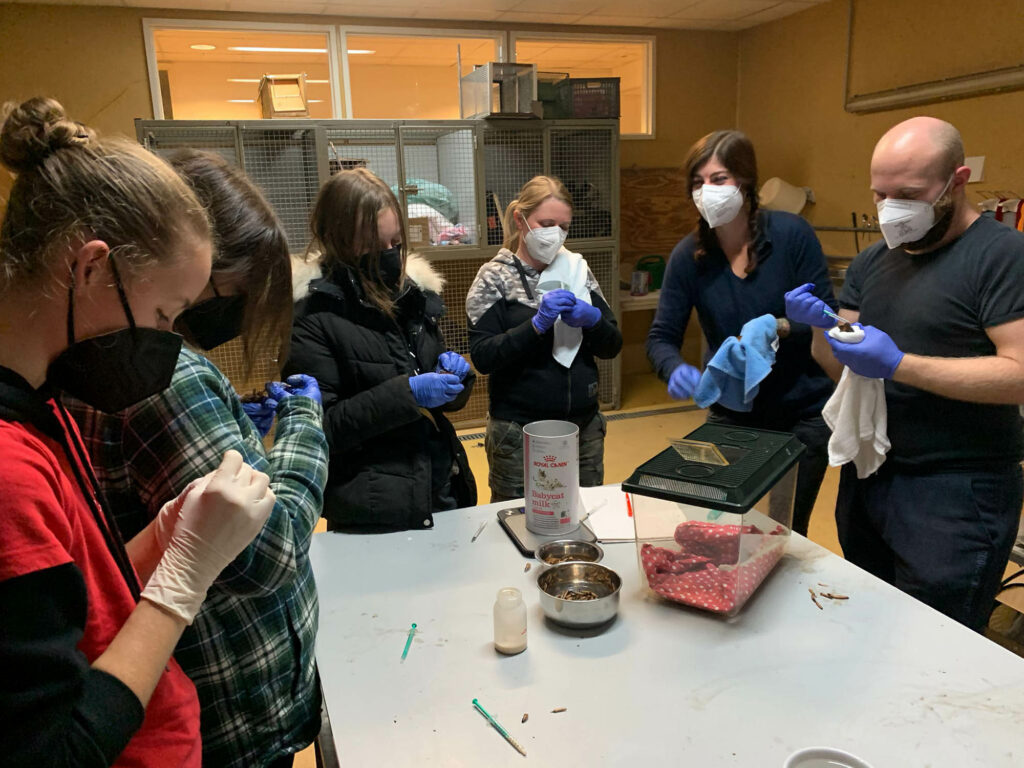
(Tierschutz Austria/Newsflash)
Four keepers have been taking it in turns to feed 71 of the bats every five hours, using insects. They also said that the bats needed the special refrigerators in which they can hibernate and that these cost about EUR 3,000, which “we had not planned for in our annual expenses”.
The special fridges will also stop the female bats from fertilising the eggs and delaying it until the spring when they fly back to Russia and can give birth there.
The organisation is currently accepting donations, which can be made to the Wiener Tierschutzverein online here https://www.tierschutz-austria.at/spenden-und-helfen/online-spenden/
Greater noctule bats (Nyctalus lasiopterus) are listed as vulnerable on the IUCN’s Red List of Endangered Species. They are the largest bats in Europe but there have been rather few studies conducted on the species.
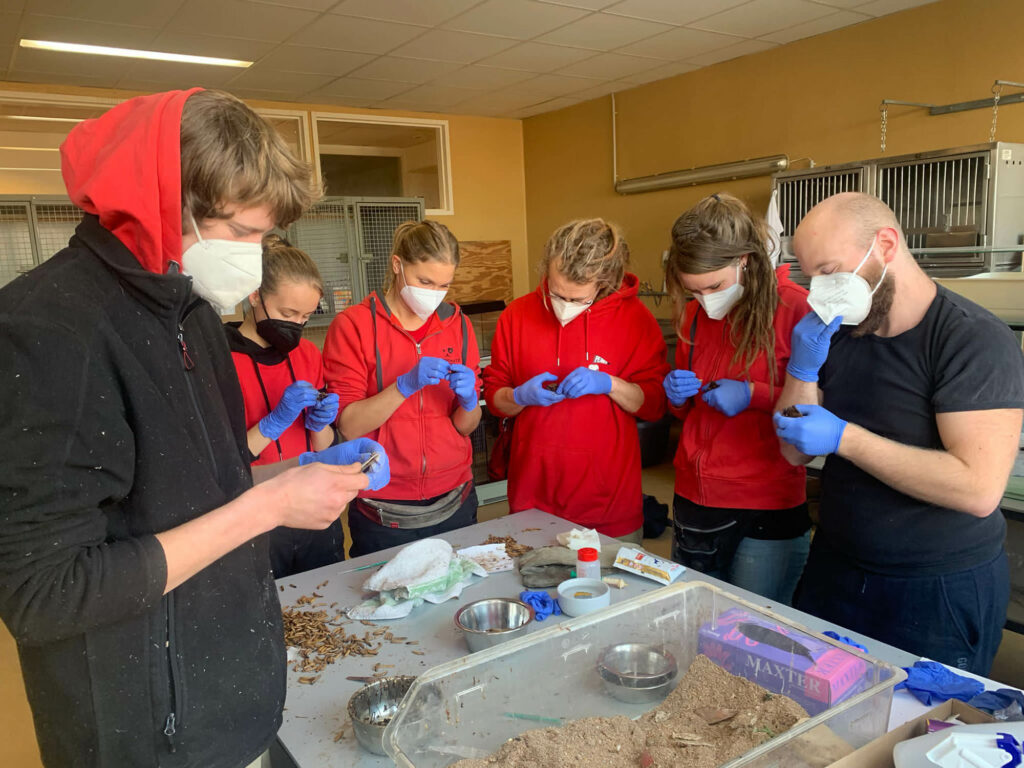
To find out more about the author, editor or agency that supplied this story – please click below.
Story By: Joseph Golder, Sub-Editor: Joseph Golder, Agency: Newsflash
The Ananova page is created by and dedicated to professional, independent freelance journalists. It is a place for us to showcase our work. When our news is sold to our media partners, we will include the link here.

